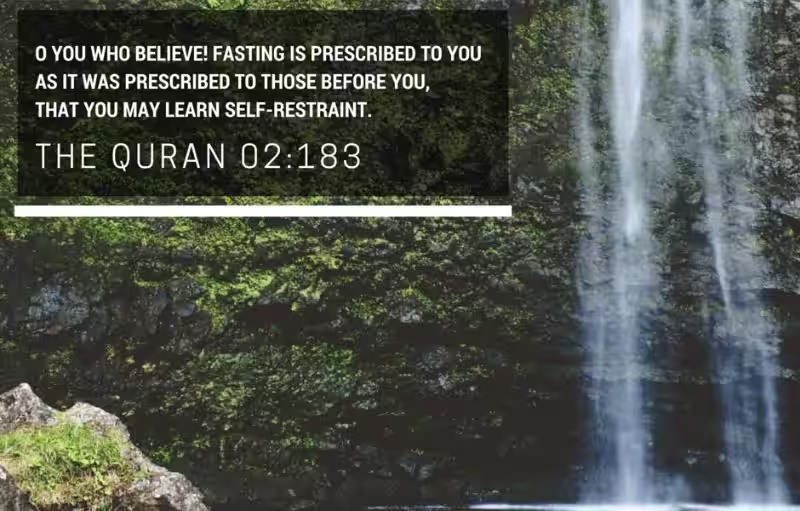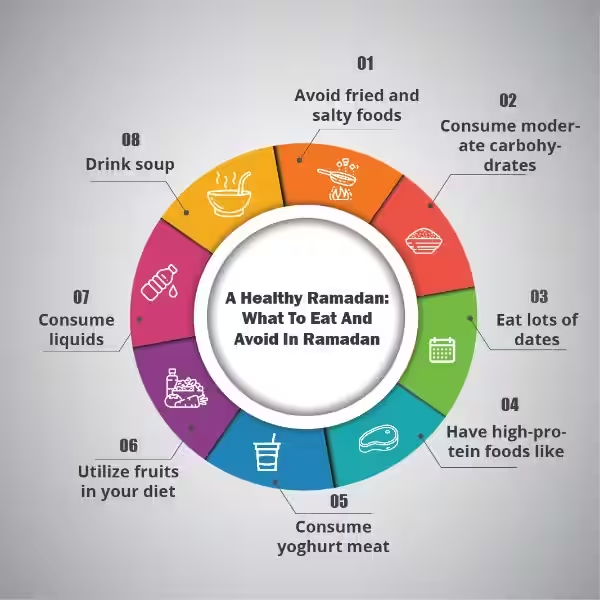
Ramadan, a month of spiritual reflection and devotion for Muslims, necessitates abstaining from food, drink, and other physical indulgences from dawn till dusk. A common question that arises during this period is whether chewing gum is permissible. Understanding the nuances of this practice is crucial for maintaining the spirit of Ramadan while adhering to religious guidelines.
Understanding the Islamic Perspective on Fasting
Ramadan is a time of heightened spiritual awareness, emphasizing self-control and piety. The core principle behind the fast is abstaining from all forms of intake that provide sustenance. This includes not only consuming food and drink but also any action that could lead to the intake of calories or nutrients.
The specific rules around fasting are outlined in Islamic jurisprudence, aiming to ensure the sincerity and purity of the observance. These guidelines are not arbitrary but rooted in the principle of maintaining a clear conscience and avoiding even the potential for breaking the fast.
Can Chewing Gum Break a Fast?
Naturally, the question of whether chewing gum is allowed during Ramadan frequently arises. The answer, unfortunately, isn’t a simple yes or no.
A key factor in determining if an action breaks the fast lies in the potential for consumption. Chewing gum often contains sugars and other components that can be absorbed into the body if unnaturally swallowed. This subtle intake of calories and sugar, even if not consumed through intentional ingestion, breaks the fast.
While the act of chewing gum itself might not seem like a significant transgression, the potential for the body to absorb the components of gum can invalidate the fast. This is why, in practical terms, chewing gum is generally discouraged during Ramadan.
Alternatives for Freshening Breath During Ramadan
It’s essential to maintain oral hygiene during Ramadan without breaking the fast. The natural process of fasting can lead to dryness in the mouth and, if not managed properly, can result in unpleasant breath.
Fortunately, there are many ways to maintain good oral hygiene without compromising the fast. The use of siwak (a twig used for oral hygiene), mouthwash, and even toothpastes are all permissible as long as the solution isn’t swallowed.
Approved Methods
- Siwak: Traditionally used and highly recommended as a sunnah (praiseworthy practice) by many Islamic scholars.
- Mouthwash: Can be used to freshen the breath if non-nutritive and not swallowed.
- Toothpaste: Applying and rinsing toothpaste is acceptable as long as the water isn’t swallowed.
These alternatives emphasize the importance of maintaining oral hygiene while respecting the principles of fasting. These practices, when utilized correctly, help one maintain a sense of cleanliness and well-being during Ramadan.
Avoiding Fast-Breaking Actions
Maintaining the integrity of the fast requires careful consideration of potential pitfalls. Activities that are often overlooked include anything that could lead to the body absorbing calories or sugars. Chewing gum, even without the intention to swallow, introduces the possibility of these substances entering the system.
Important Considerations:
- Saliva: Swallowing saliva is generally not considered a fast-breaker, but the possibility shouldn’t be ignored.
- Inhalations: Inhalers containing sugar-based solutions or other ingredients could potentially invalidate the fast, and are best avoided.
- Non-nutritive substances: The key is to avoid anything that could be absorbed into the body.
Misconceptions about Ramadan Fasting
It’s crucial to understand the precise regulations around fasting, as misconceptions can lead to errors in practice. Many common interpretations regarding activities like tasting food (and spitting it out), wearing fragrance, or using eye drops are frequently viewed incorrectly.
It is a common misconception that these actions break the fast. In reality, they do not. This demonstrates the importance of seeking accurate Islamic guidance to avoid inadvertently invalidating the fast.
Key Considerations
- Intentional consumption: The key is to ensure the absence of the intention to consume any food or drink.
- Involuntary intake: Events like involuntary vomiting or bleeding are not considered fast-breakers.
- Non-nutritive substances: Substances that do not contribute nutritional value typically do not break the fast.
Maintaining the spirit and integrity of Ramadan requires a thorough understanding of the rules surrounding fasting. While chewing gum is generally discouraged, alternative practices for freshening breath are available. It is crucial to prioritize a clear understanding of fasting rules to avoid any unintentional breaches. This meticulous attention to detail ensures that the spiritual essence of Ramadan is preserved, allowing for a deeper connection with faith.
FAQ: Chewing Gum During Ramadan
Is chewing gum allowed during Ramadan?
Chewing gum is generally considered to break the fast during Ramadan. While not intentionally swallowing the gum, the presence of calories and sugars in the gum means that it is considered a form of intake that violates the fast.
Why is chewing gum considered a fast-breaker?
Chewing gum, even if not swallowed, introduces calories and sugars into the body. This intake, regardless of whether it’s fully ingested, is forbidden during the hours of fasting.
What are some alternatives to chewing gum for freshening breath during Ramadan?
The article suggests several alternatives to chewing gum for freshening breath during Ramadan:
-
Siwak: Using a siwak (a twig used traditionally for oral hygiene) is a recommended practice.
-
Mouthwash: Using mouthwash is permissible, provided the mouthwash is not swallowed.
-
Toothpaste: Brushing teeth with toothpaste is permissible, as long as no toothpaste or water is swallowed.
What if I have a dental issue that requires chewing gum?
The provided information doesn’t address situations where gum chewing is medically necessary. If chewing gum is necessary for a dental issue, you should consult with relevant religious authorities.
Does involuntary vomiting break the fast?
No, involuntary vomiting does not break the fast.
Does tasting food and spitting it out break the fast?
No, tasting food and spitting it out does not break the fast.
What about other actions that might seem like they could break the fast, like brushing teeth or using eye drops?
Brushing teeth without swallowing water or toothpaste does not break the fast. Similarly, using eye drops and wearing perfume or makeup do not break the fast.
Are there any exceptions for fasting during Ramadan?
Yes, certain individuals are exempt from fasting during Ramadan, including the elderly, pregnant or menstruating women, children not yet at puberty, and those with illnesses. In these cases, they may participate in other Ramadan activities and may make up missed fasts later or, in the case of illness, provide a fidya (donation of a meal for each missed fast).
What if I have a medical condition that prevents me from fasting?
If you have a medical condition that prevents you from fasting, you should consult with a medical professional and a religious authority to determine the appropriate course of action.








